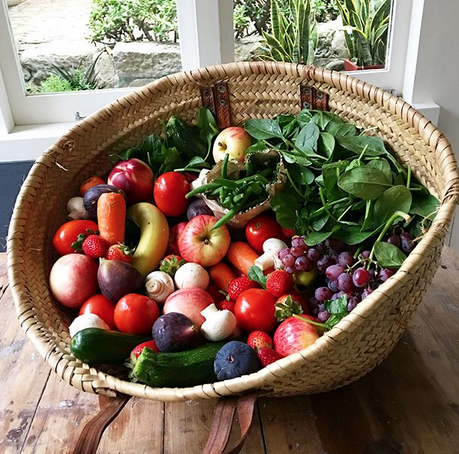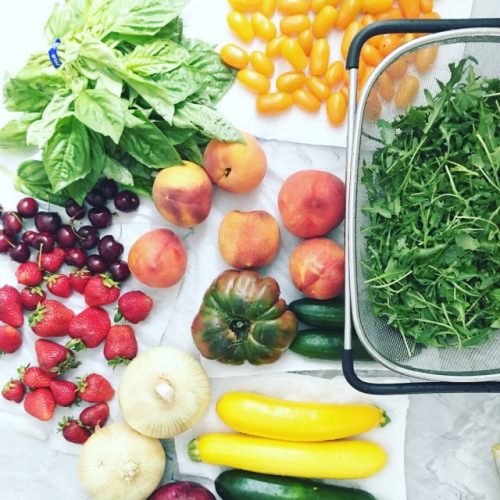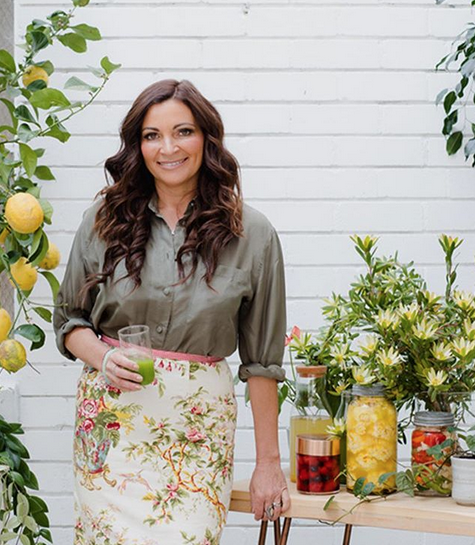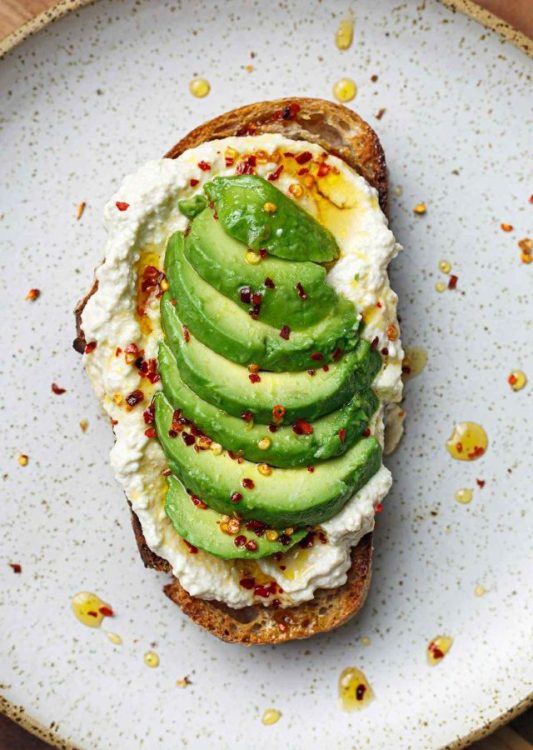Whether you’re a vegetarian, vegan or anything in between, looking after your gut doesn’t need to be difficult. While bone broths may not be on the menu, there are plenty of ways to show your gut and the planet some veggie love. Check out my top 5 recommendations below…!
1.Probiotics
Probiotics are currently experiencing their time in the limelight, but they’ve actually been utilised for centuries for their health-boosting properties. Probiotics are our ‘friendly’ gut bacteria. They’re living organisms that provide a boatload (or should I say, gut-load) of health benefits. They’ve been used to manage and treat a variety of conditions such as irritable bowel syndrome/disease, metabolic syndrome, diarrhoea and more.
Probiotics can also reduce the likelihood of developing type II diabetes, cardiovascular disease, high blood pressure, obesity and lactose intolerance by altering gut flora, regulating insulin levels and lowering cholesterol! Some sensitive tummies can experience gas and bloating when incorporating probiotic-rich food, so always start off slow and build up your tolerance.
If you want to try out some probiotic-rich foods but don’t know where to begin, you may want to give sauerkraut a go. This fermented cabbage is filled with goodness that can improve digestive health, boost circulation and protect your heart. Full-fat yoghurt for my vegetarians or coconut yoghurt for my vegans can also be amazing for gut-health as it’s full of lactic-acid producing bacteria which helps produce more of our good gut bacteria.
If you’ve never given tempeh a whirl, I couldn’t recommend it enough. For all of you tempeh newbies, tempeh’s basically tofu’s cooler older sibling. Tempeh is made up of fermented soybeans that are thriving in good bacteria. It can be stir-fried in a pan, cooked on the BBQ, or broken up into small pieces and used as a Bolognese replacement.

♥
2. Prebiotics
Another key thing to remember in any good veggie diet is variety! Not only does filling our plate with vibrantly-coloured vegetables nourish our body, it also gives us a great source of prebiotics. Prebiotics help nourish the probiotics within the digestive system. Without prebiotics, probiotics would have a poor chance of survival. Some prebiotic-rich foods to include in your diet include:
♥ Dandelion greens
♥ Avocados
♥ Bananas
♥ Leeks
♥ Sweet potatoes
♥ Onions
I encourage you to incorporate both prebiotic and probiotic-rich foods into your diet so you can maintain a healthy gut for life.

♥
3. Fibre
When it comes to getting things moving internally, fibre should be one of your first ports of call. Unfortunately, many of us don’t consume enough dietary fibre which seriously compromises our gut health. Eating both soluble and insoluble fibre has many health benefits, not just for our gut health! Adding more fibre-rich vegetables, legumes, nuts and seeds will help keep our good gut bacteria thriving and our digestion moving.
4. Plant-Based Wholefoods
While some vegetarians and vegans go full-steam ahead on the refined carbohydrates train to fill them up, these foods tend to inflame the gut. Refined carbohydrates such as breads and pastas, processed products laden with sugar and even some faux meats on the market can inflame the gut and make our guts blow up like a balloon. It’s so important to emphasise real plant-based foods rather than ones you buy in the aisles. Aim to base your diet on fruits, vegetables, nuts, seeds and some grains rather than processed foods to reduce gut inflammation.

♥
5. Sleep
Lack of sleep has become such a common issue that it’s one we’ve kind of let slip away from us. However, sleep has a huge impact on the state of our digestive system. When we’re asleep, the digestive organs are replenished and restored for the next day. They’re put to detoxing mood and help get rid of wastes from the day. If you don’t get enough sleep, your gut health can become compromised and you may experience a series of symptoms such as bloating, constipation, diarrhoea, fatigue and more. Sleep, or a lack of it, controls our hunger hormones too, which may make us absolutely ravenous and craving sweet foods the next day! Try getting at least 7 hours of sleep at night and go to bed between 9-10pm to reach optimum sleep and rest.
Hopefully you’ve found these tips helpful! If you have any questions for Lee, please pop them below, and make sure you check out her new book Supercharge Your Gut!
Be well,
xoxo





0 Comments